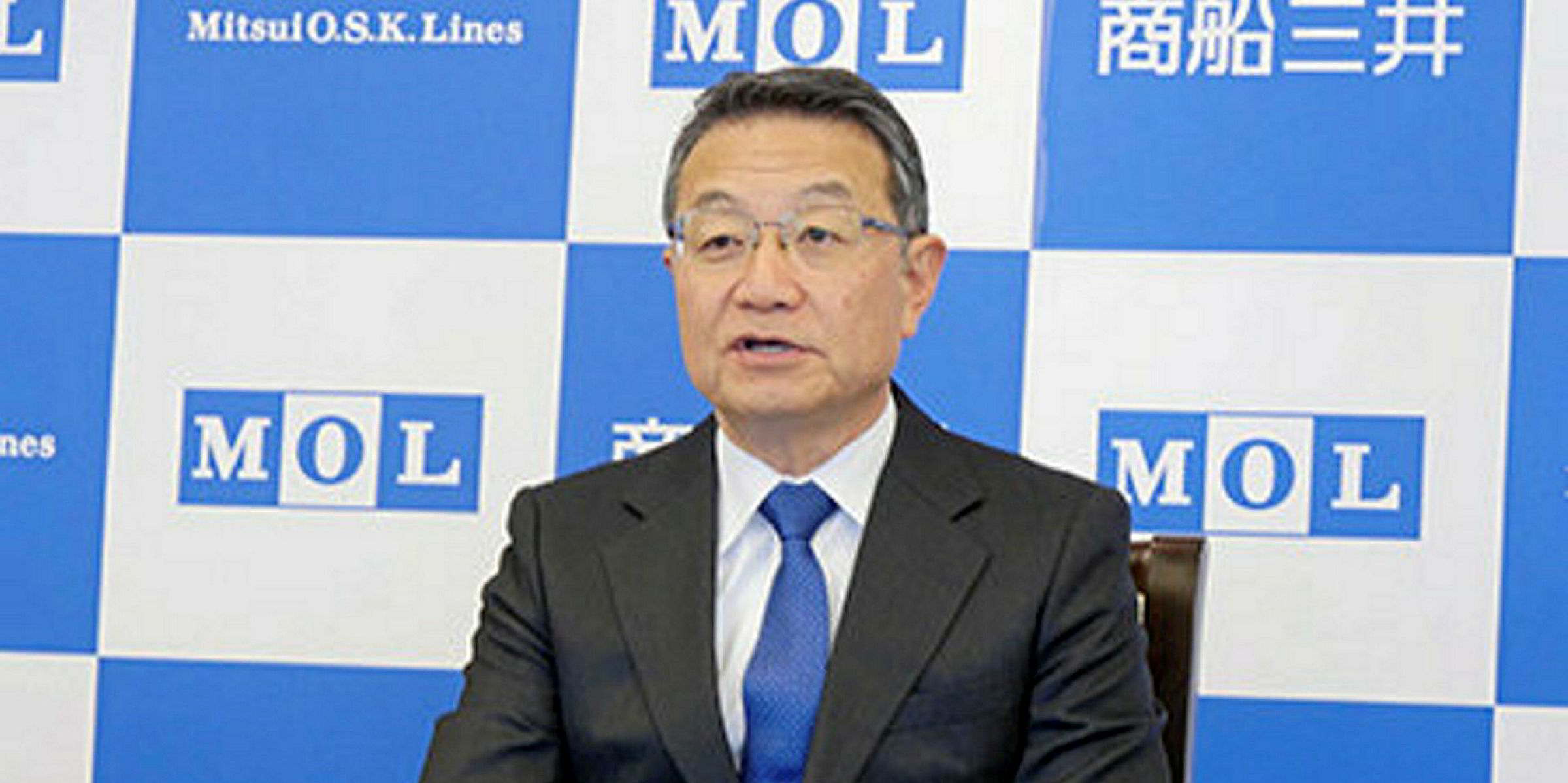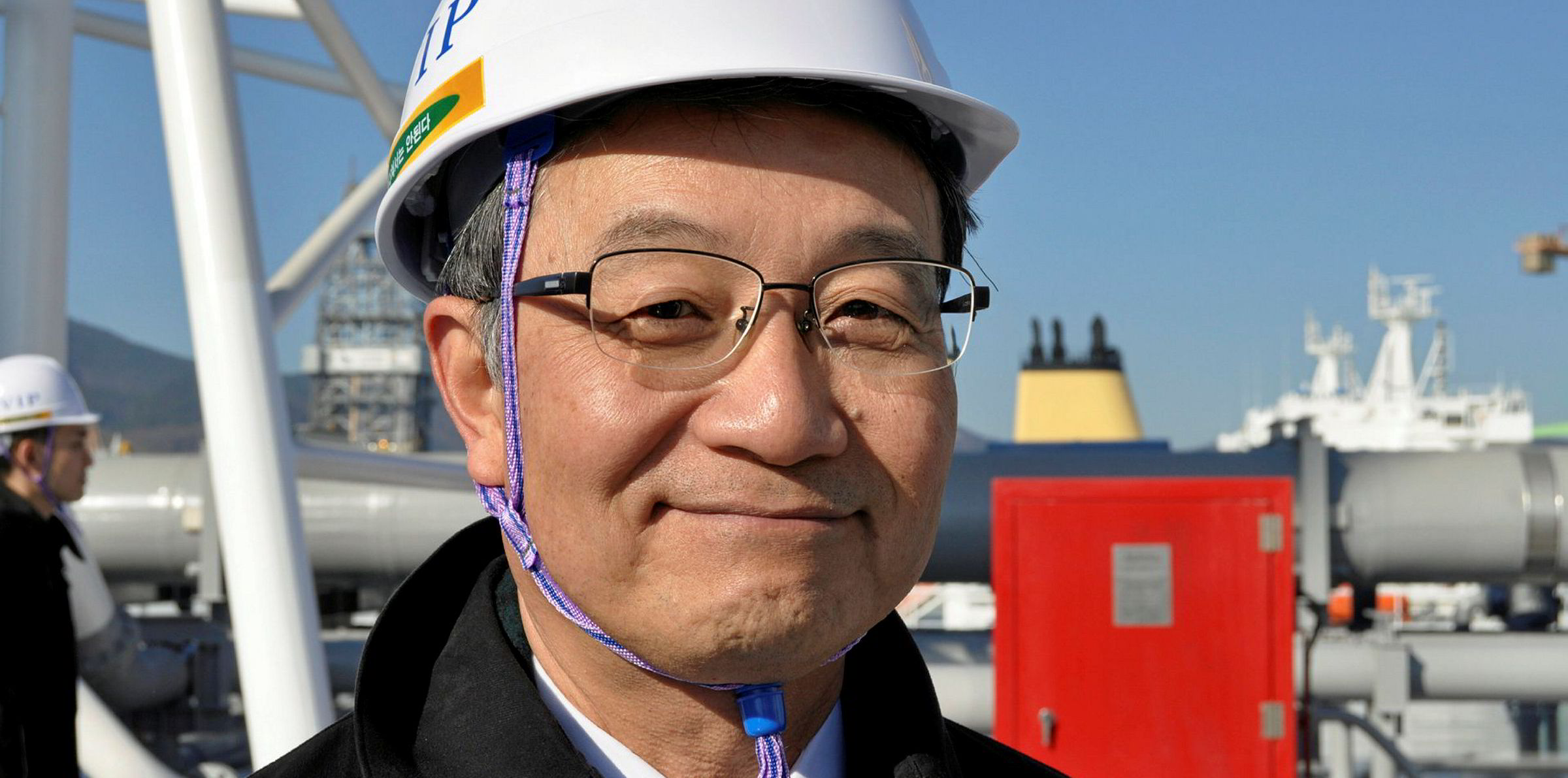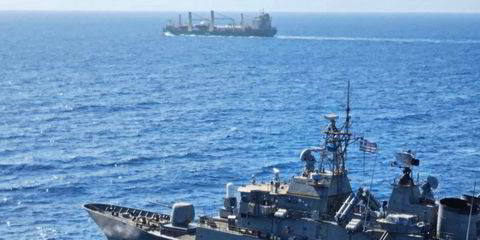Mitsui OSK Lines is preparing a series of emergency measures to counter the possible negative impact of coronavirus on its business that includes slashing investment and returning ships on charter.
The Tokyo-headquartered company outlined its plans Thursday in its annual earnings' statement for the 2019 fiscal year, in which it announced a healthy ¥32.6bn ($305m) net profit for the full year.
But while coronavirus had little impact on last year’s earnings MOL cautioned strongly that it is likely to be felt in the current year’s financial performance. It said it is ready to take action, starting with slow steaming, to protect its balance sheet should the crisis worsen.
MOL said: “Although freight and other income are expected to fall as a result of decline in shipments, we will endeavour to generate funds through the lay-up or redelivery of vessels under short-term time charters, the freezing of new investments, in principle, and the disposal of assets in addition to the reduction of operating expenses starting with saving on fuel costs as a result of vessel slowdown.”
The Tokyo-listed operator is forecasting a full-year operating loss of ¥10bn if the impact of coronavirus lasts for only the first six months of fiscal 2020 and a whopping ¥40bn if it continues for the full year.
However, at this stage MOL said it is “impossible” to accurately assess the impact of the coronavirus on the world economy, Japan and its own business.
MOL said it had a ¥140bn in line agreements from its main lenders which it can draw down in the next three to four years if it runs short of cash.
Prior response
Financial analysts said that following the 2008 financial crash, MOL took measures to protect its business against the one off events such as coronavirus. These included increasing charters backed by long-term freight contracts and reducing its spot market exposure in the dry bulk market. The measures also involved reducing capital expenditure.
However, the diversified owner and operator is still heavily exposed to the markets hit worst by the coronavirus such as the car carrier, boxship, and dry bulk markets.
A possible freeze of investments could strongly impact MOL’s mid-term business plan. To give an indication of its annual capital expenditure bill in fiscal 2019 it spent ¥135bn on new ships. Just under half of that sum was spent on its LNG business and 23% on its diversification in to offshore.
MOL said it may now have to redraw future investment plans.
“MOL recognises the spread of Covid-19 infection and significant drop in crude oil prices will have a serious impact on its medium and long term management strategies,” the company said.
The Tokyo-listed outfit is hoping to rebound strongly when the crisis is over and said it is “targeting a quick turnaround in growth in the post Covid-19 world”.






